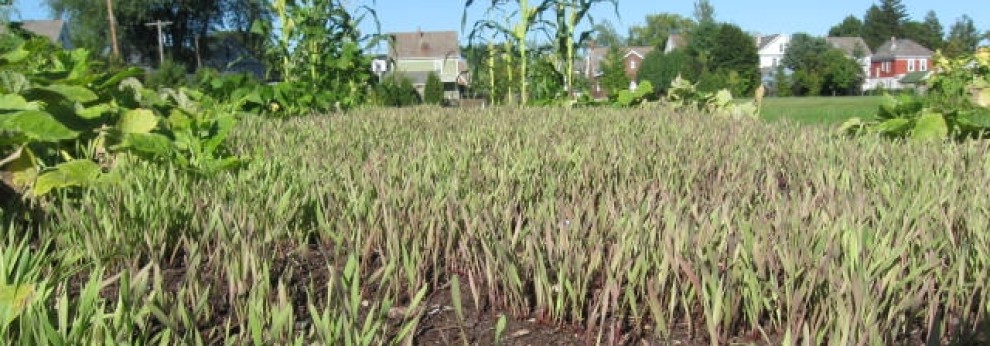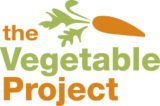Raising a garden, preparing food with the plants that we grow and creating hands-on learning opportunities with gardens and the food that we grow are labor-intensive  activities. Thus, we are grateful for, and really depend on, all the participation in our efforts that we can muster.
activities. Thus, we are grateful for, and really depend on, all the participation in our efforts that we can muster.
Here are some of the many ways you can participate and contribute:
- We invite you to join us on Saturday, Oct. 3, for Family Day in the Garden at Myers Middle School. We have much work to do cleaning beds and preparing for the colder months ahead. We’ll be there from 10 a.m. to 1 p.m.
- You can beautify your garden and help us raise funds at the same time by buying flowers bulbs from the Flower Power Fundraiser campaign, now through Oct. 15.
- We ask you to save Boxtops for Education, found on scores of national brand packaged products. Please drop them off at Myers or Albany High School or get in touch to arrange a pick
 up. We will be making our next submission in late October.
up. We will be making our next submission in late October. - We ask you to collect those Boxtops all year long, year after year, and encouraging your friends, family and neighbors to do the same. It won’t cost a cent.
- We would be grateful if you would consider helping in the gardens on your own schedule — watering; watering and weeding; or watering, weeding and additional tending to plants’ needs. Please get in touch if this might work for you.
- And of course, we would welcome you to work with us with kids, during our weekly after-school Garden Club at Myers, for example.


 sely near our raised beds at Albany High and you will see a line of 11 small ornamentals. Students in one of Larry Bizzarro’s earth science classes planted them last week in a modest observation of the 45th annual Earth Day. And we would like you to know that these plants are native to the Northeast. Indeed, you might say we organized this planting to start a conversation about native plants.
sely near our raised beds at Albany High and you will see a line of 11 small ornamentals. Students in one of Larry Bizzarro’s earth science classes planted them last week in a modest observation of the 45th annual Earth Day. And we would like you to know that these plants are native to the Northeast. Indeed, you might say we organized this planting to start a conversation about native plants. Why? The Vermont company’s focus on providing seeds with the best prospects of doing well in our organic gardens in the Northeast. As
Why? The Vermont company’s focus on providing seeds with the best prospects of doing well in our organic gardens in the Northeast. As 

